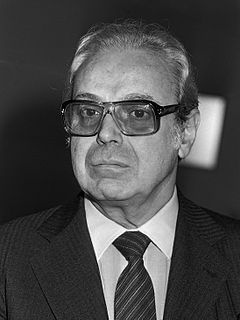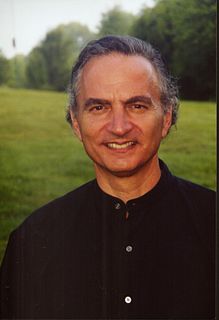A Quote by Thich Nhat Hanh
The practice of peace and reconciliation is one of the most vital and artistic of human actions.
Quote Topics
Related Quotes
Steve Jobs is perhaps the most competitive human being I have ever met in my life, and yet I would argue one of the most artistic human beings I have ever met in my life. You can trash the movies all you want, but they do have an artistic component. And yet brutal competition knows no peers when it comes to Hollywood.
There is no peace in Southern Africa. There is no peace because there is no justice. There can be no real peace and security until there be first justice enjoyed by all the inhabitants of that beautiful land. The Bible knows nothing about peace without justice, for that would be crying "peace, peace, where there is no peace". God's Shalom, peace, involves inevitably righteousness, justice, wholeness, fullness of life, participation in decision-making, goodness, laughter, joy, compassion, sharing and reconciliation.
The Church is likewise conscious of the responsibility which all of us have for our world, for the whole of creation, which we must love and protect. There is much that we can do to benefit the poor, the needy and those who suffer, and to favour justice, promote reconciliation and build peace. But before all else we need to keep alive in our world the thirst for the absolute, and to counter the dominance of a one-dimensional vision of the human person, a vision which reduces human beings to what they produce and to what they consume: this is one of the most insidious temptations of our time.
With reason, then, the common opinion of mankind, little affected by the few dissentients who have contended for the opposite view, has found in the careful study of nature, and in the laws of nature, the foundations of the division of property, and the practice of all ages has consecrated the principle of private ownership, as being pre-eminently in conformity with human nature, and as conducing in the most unmistakable manner to the peace and tranquility of human existence.





































